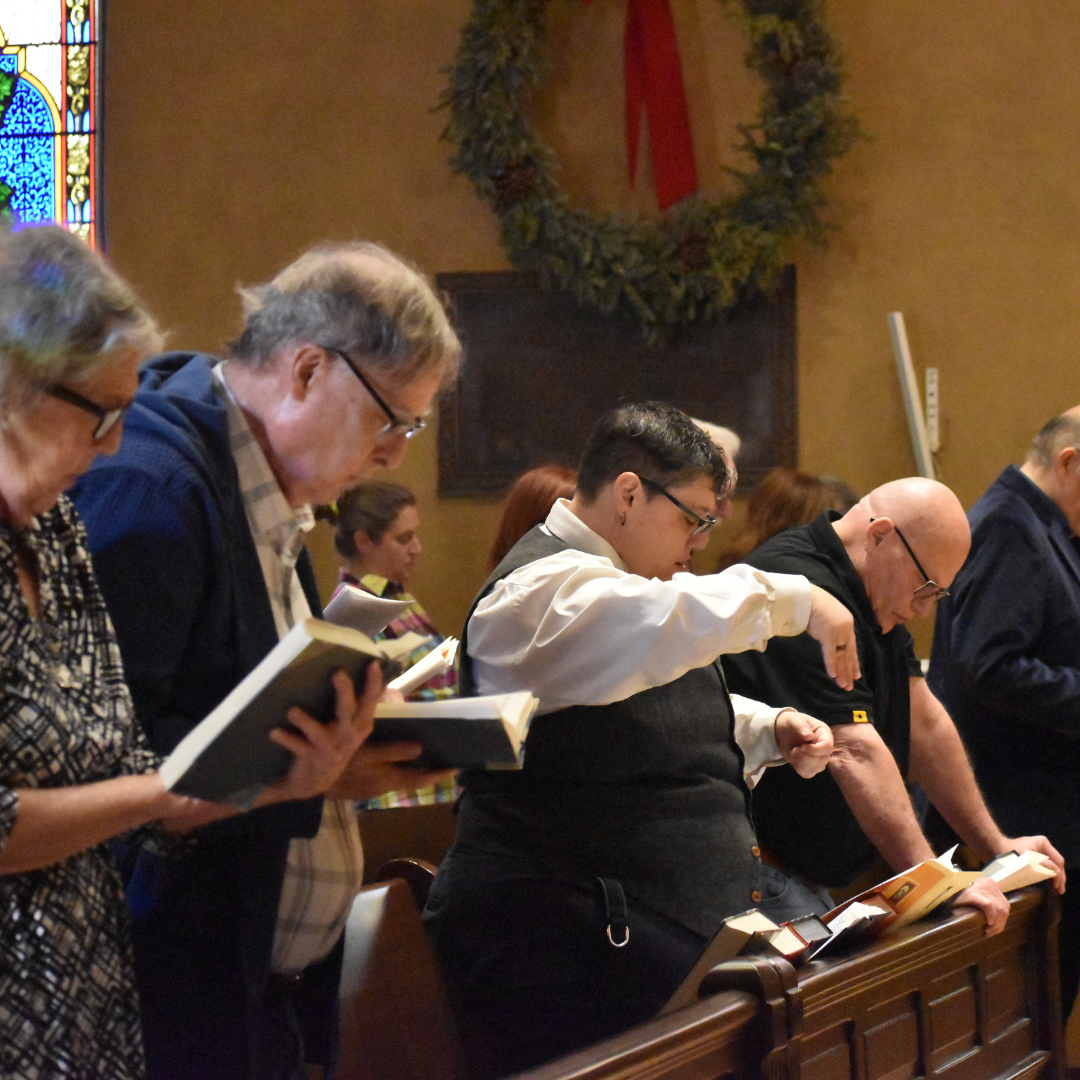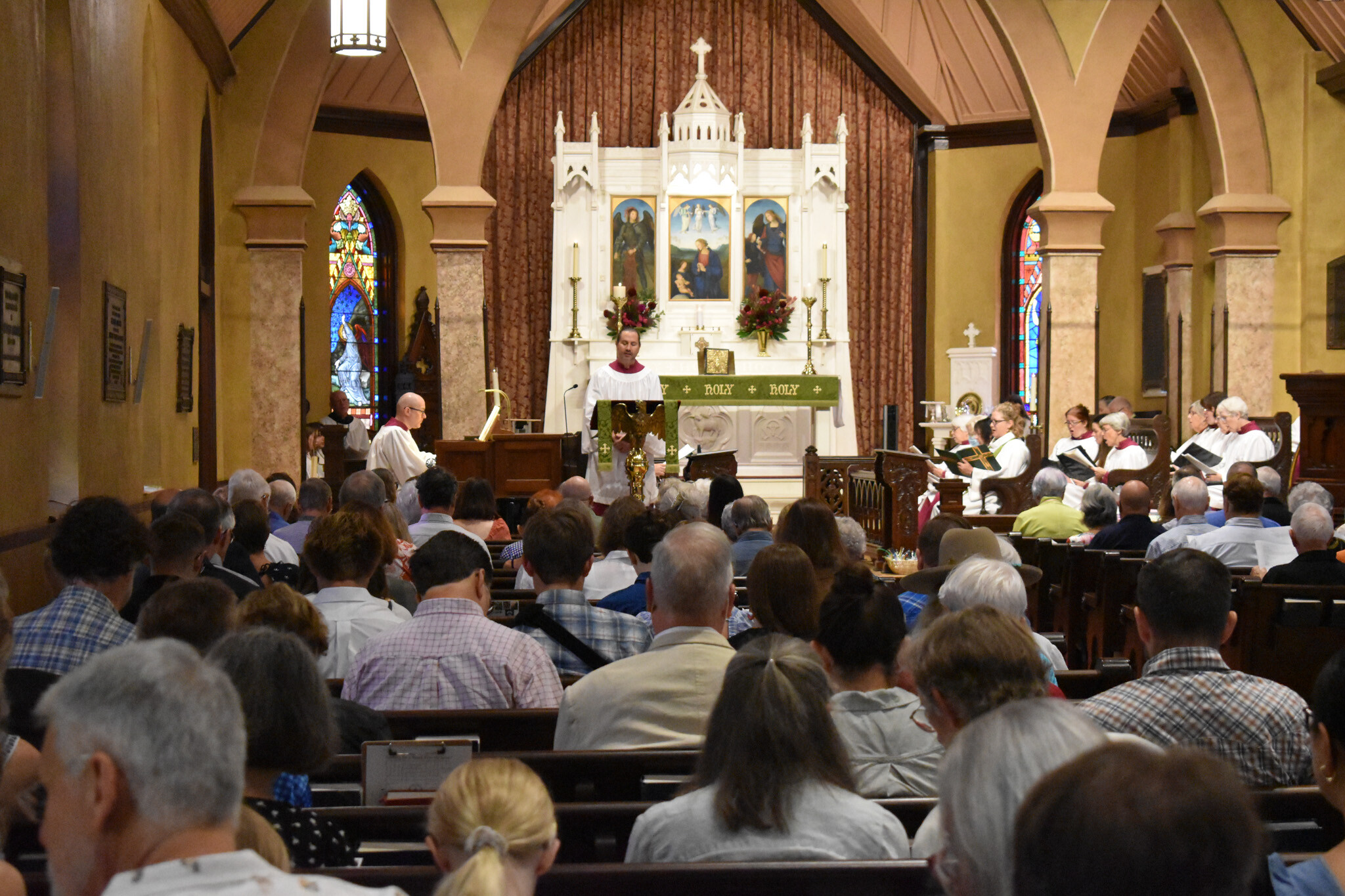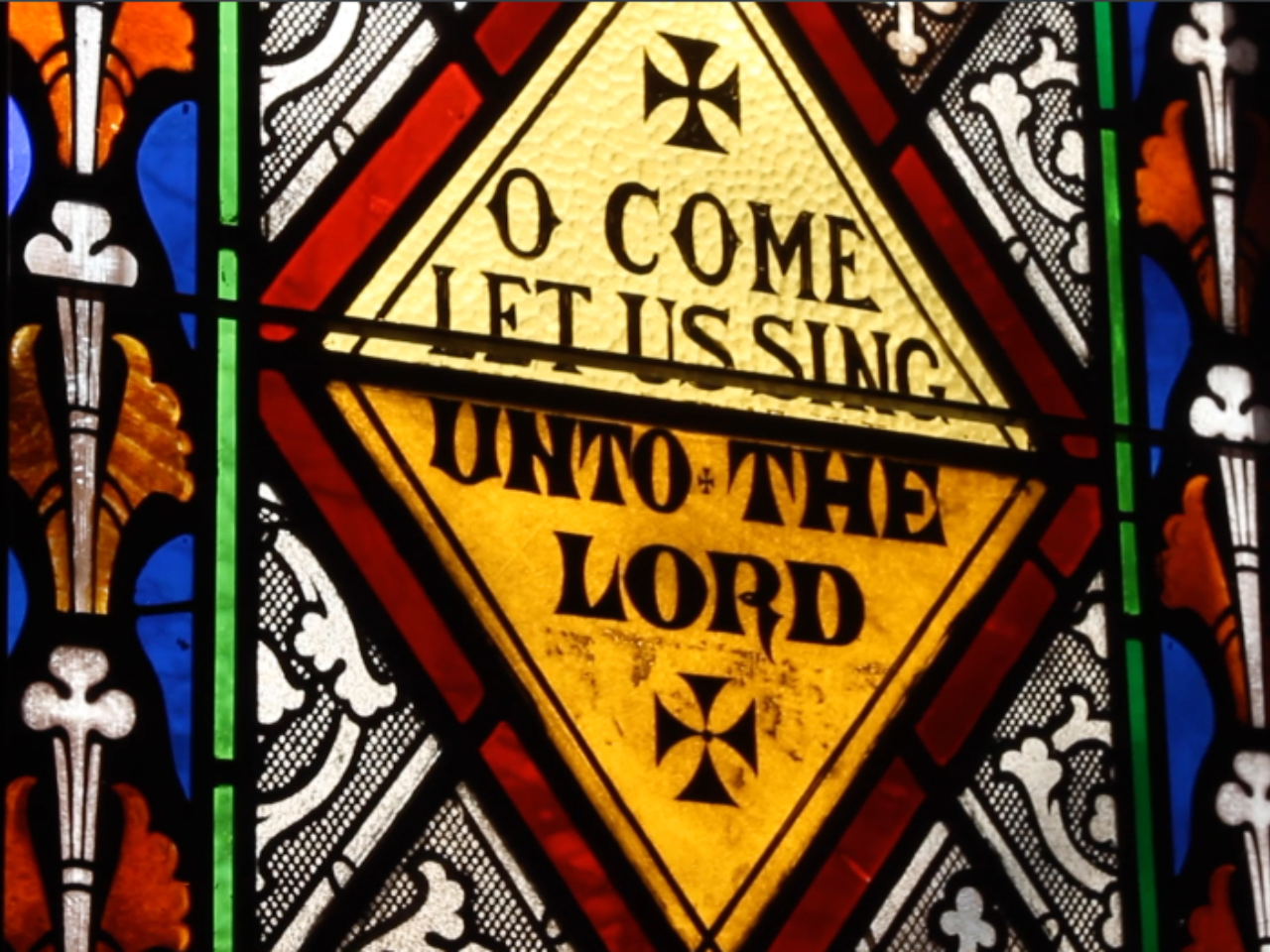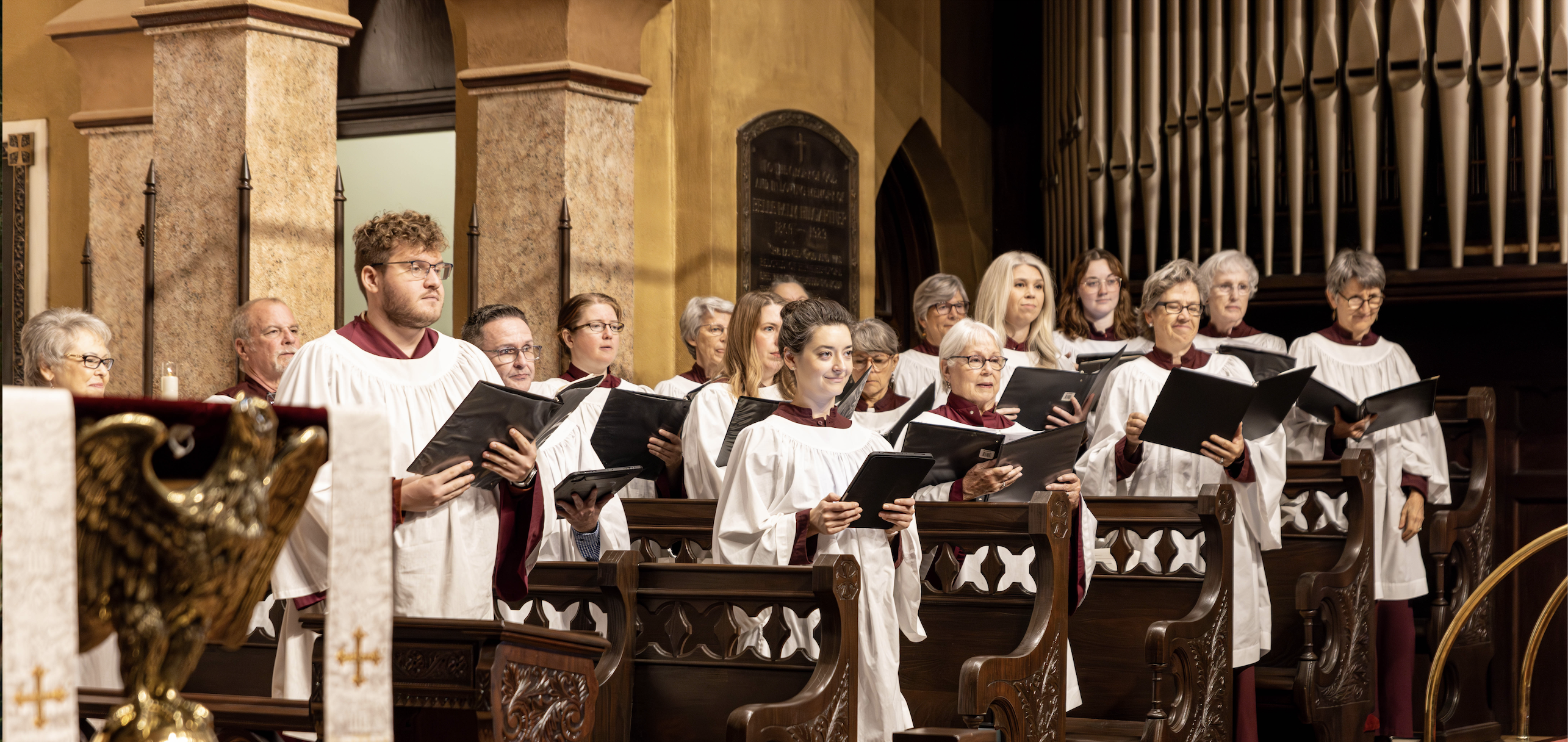
On the Second Sunday after the Epiphany in Year C, the current year of the three-year Sunday lectionary, the appointed Gospel recounts Christ’s first miracle at a wedding in Cana. This is the third of three traditional components of the celebration of the Epiphany.
These three aspects – the others being the Visitation of the Magi and the Baptism of Our Lord, as discussed last week – are recounted in the Office hymn ‘Hostis Herodies impie’ (translated as ‘When Christ’s appearing was made known’ [131/132]). This is a continuation of the Christmas hymn ‘A solis ortus cardine’ (translated as ‘From East to West, from shore to shore’ [77]). Both come from a long alphabetic acrostic poem on the life of Christ by Caelius Sedulius, a late-classical Christian poet, and both are traditionally sung to the same plainsong tune, a late-medieval simplified version of which is used in our Hymnal for both [77 and 131]. We will hear this and the more florid original version – one of the most beautiful plainsong hymn-tunes – in a choral setting of ‘When Christ’s appearing’; the congregation, however, will sing this hymn to the other tune printed with it [132], ‘Erhalt uns, Herr, bei deinem Wort’, a venerable early Lutheran melody, to close Sunday’s service.
A simplified version of another plainsong hymn-tune serves a paraphrase, ‘O Holy Spirit, by whose breath’, of its associated text [501]. ‘Veni creator spiritus’ is one of the great hymns of the Church, sung not only at Pentecost and ordinations, but, in the Middle Ages, often before every Mass. It was practically the only hymn retained in the Church of England at the Reformation and is still one of only a few named specifically in the Book of Common Prayer; three paraphrases of it appear in the Hymnal [500, 502/502, 503/504]. It – like the aforementioned ‘A solis’ / ‘Hostis Herodes’ and many other ancient and medieval hymns – was taken over into the Lutheran tradition, sung both in Latin with its original tune [502 and 504] and in the vernacular (‘Komm, Gott Schöpfer’) with a simplified version of the tune. It clearly draws upon, among other passages, Sunday’s Epistle, in which St Paul instructs the Corinthians regarding the varieties of spiritual gifts.





Login To Leave Comment